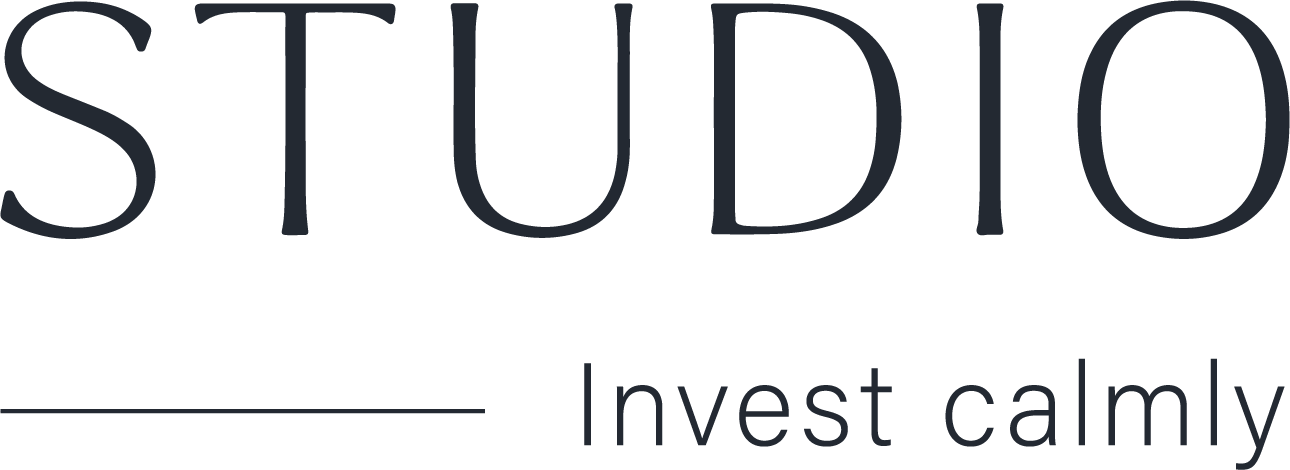Coronavirus fears are spreading even faster than the virus itself.
Just a few days ago, few in the U.S. were concerned about the coronavirus. Worries have since grown exponentially. Last night, the President held a news conference in an attempt to settle public unease. Today, we made calls to 20 retail locations in Chicago, and all of them — Walgreen’s, CVS, Home Depot, Advanced Auto Parts, Sherwin Williams — were out of stock of the masks/respirators that are recommended for virus-spread prevention (as well as for sanding your deck). Amazon is even out of stock of most hand sanitizer.
The U.S. stock market is now down 12% in the last six trading days. And there is clearly reason for concern. Ten days ago, CNN reported 780 million Chinese were living under some form of travel restriction, but few government measures had been taken outside of China at that point. In recent days, other countries and companies have taken actions to control the spread: Saudi Arabia barred pilgrims from visiting Mecca and Medina, Japan closed its schools through the end of March, Iran cancelled Friday prayers in major cities, and Facebook cancelled its biggest annual event for developers and employees.
However, we believe it critical to take a longer view. STUDIO typically invests with a time horizon of 10 years or more. We do this for four reasons:
1) We do not believe shorter time horizons carry any predictability.
2) Most people have financial needs that extend well beyond a single decade.
3) The majority of the value of a strong, growing company is derived from the profits it is expected to generate in years 2025 and beyond. In other words, while this year’s profit level is not irrelevant, it is far from the primary driver of a stock’s fundamental value.
4) It is far easier to think more probabilistically and less emotionally with this wider perspective.
It is impossible to predict the financial impact of the coronavirus. The current crisis could escalate dramatically, though more than a century of examples does not point to a lasting economic catastrophe. In recent health scares — Avian flu, West Nile, SARS, Ebola — all economic activity was not forever lost. Most of it was merely deferred into later periods, resulting in faster economic growth after the crisis subsided. In fact, in each of these examples, the U.S. stock market exceeded its pre-crisis level within two months of the earliest worries.
Both through this crisis and beyond, we will continue to search for high-quality businesses trading at reasonable values. We will continue to focus on assessing the profits of high-quality businesses in years five through fifty, rather than on guessing the level of profit this year or next year. We will continue to balance stock-market exposure with high-quality bond-market exposure, to soften the financial and mental pain of periods like these. And we will continue to keep your specific goals and long-term plan at the center of our decision-making.
Invest Calmly.®
